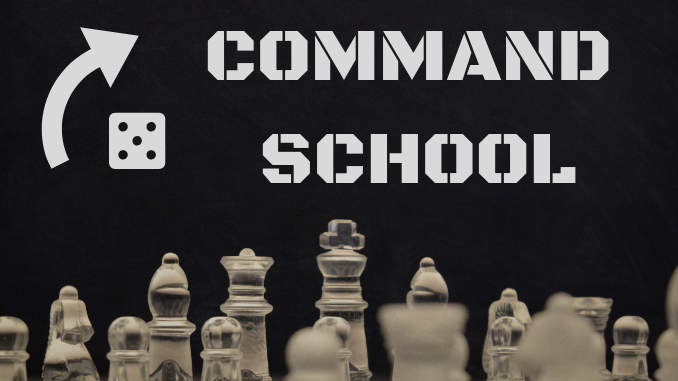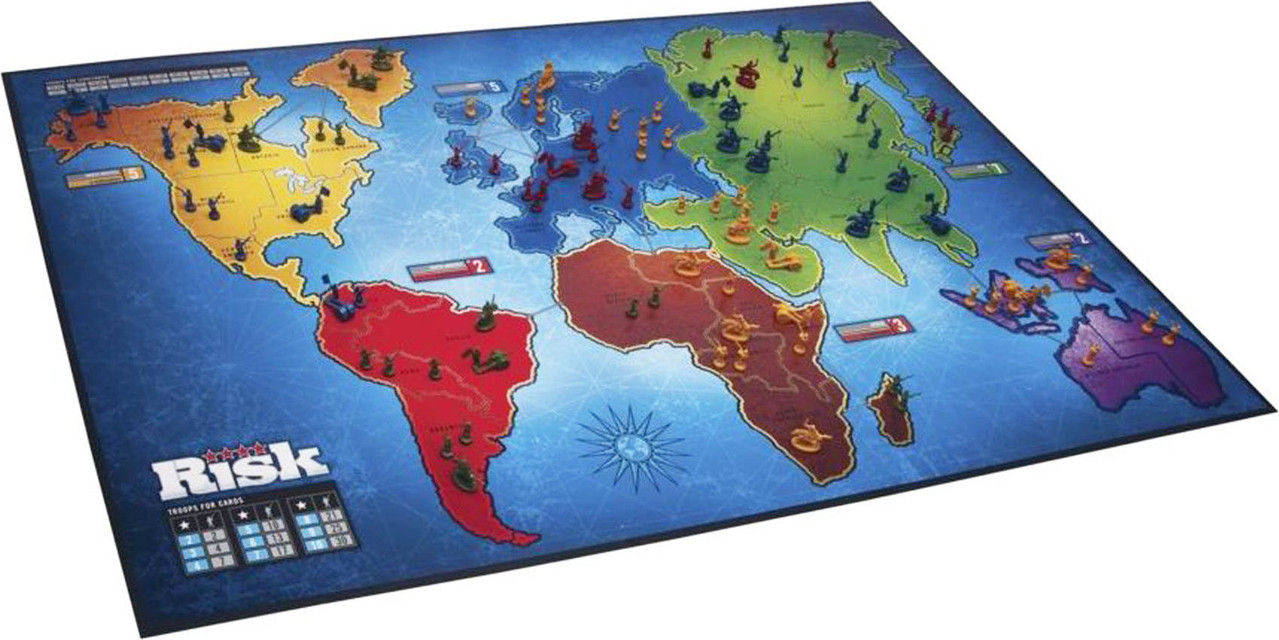
“It is possible to have too much of a good thing.” – Aesop
Ah yes, having too much of a good thing. I originally thought of using a Donald Trump quote for today’s posts, but thought it best to not. Today, I tackle the topic of when to hit the brakes on a successful attack. Momentum in battle, in business, and in play plays a huge part in success. But one can overdo anything, including success, and thus snatch defeat from the jaws of victory. To explain further, let’s dig into the idea of a limit of exploitation.
Limit of Exploitation
According to the Canadian Army* Command and Staff College, a limit of exploitation is “in offensive stages of an attack operations, a line beyond which subordinate commanders may not exploit the success of earlier stages of an attack.” It is a control measure meant to ensure subordinates do not succeed themselves into failure, so to speak.
After a successful attack, there is a generally useful tendency towards rushing forwards to seize more useful terrain/territory as well as pursue and destroy a retreating enemy. This is the basic idea known in popular, although not period, understandings of the German “blitzkrieg” breakthrough and exploitation: punch a role and rush through. In general, this unbalances the opponent and puts you in a better position. In specific cases and without control, it can be disastrous. It does you little good to rush forward, winning engagement after engagement, only to come grinding to a halt with no fighting power remaining. This exposes you to counter-attacks which can quickly turn your victory into defeat.
The takeaway here is to understand just how far to press forward on attacks/actions and when to call it quits to leave a little extra to defend with and to continue the attack with later. This applies to strategy board/card games and tactical miniatures games, surely, but it is just as important in other games with “take that” style mechanics and expendable resources. Ideally, you pre-plan how far to attack, in terms of time and space, based on an estimate how much resources each step will take. Absolutely, you should consider this along every step of the way to see if the next move might be setting yourself up for failure.
*(And also yes, Canada does have an army. For a given definition of army, that is.)
Explanatory Example: Risk
I know, I know. What a universally despised game to pick as an example. While I am actually quite the fan of some variants, such as 2210 and Godstorm, the purpose of this post is not to defend Risk as a quality board game. The fact of the matter is that this game of global conquest is well known and sufficiently simple to be a clear example.

Consider the above board state, as fictitious as it may be, under the following assumption: Blue has just made entry into South America and disrupted Green’s continent bonus.
Blue certainly has enough combat power to seize Peru, so this option remains open to her. It certainly is tempting, as every province conquered has a direct impact on how many forces a player can muster each turn. But with a powerful Green force in Brazil, Blue must balance this gain against the threat of Green taking advantage of Blue overextending herself. Depending on the schwerpunkt (main focus) of this southern campaign, Blue may have already achieved her objective and thus could easily have reached the limit of exploitation for this turn.
Conclusion and Homework
Regardless of how you feel about Risk, I hope this has illustrated the point. The same idea holds true when deciding to press the attack on a charge in Warhammer, whether to keep attacking or to top for resupply in Wargame, or even whether to keep some resources in reserve in a variety of other board and card games.
For homework, think about if you’ve ever blown past your own limit of exploitation in a game. Did it cost you? Let me know in the comments section.
Until next time, class dismissed.

Christopher Hunt
Latest posts by Christopher Hunt (see all)
- Command School – Deterrence and Compellence - July 11, 2019

